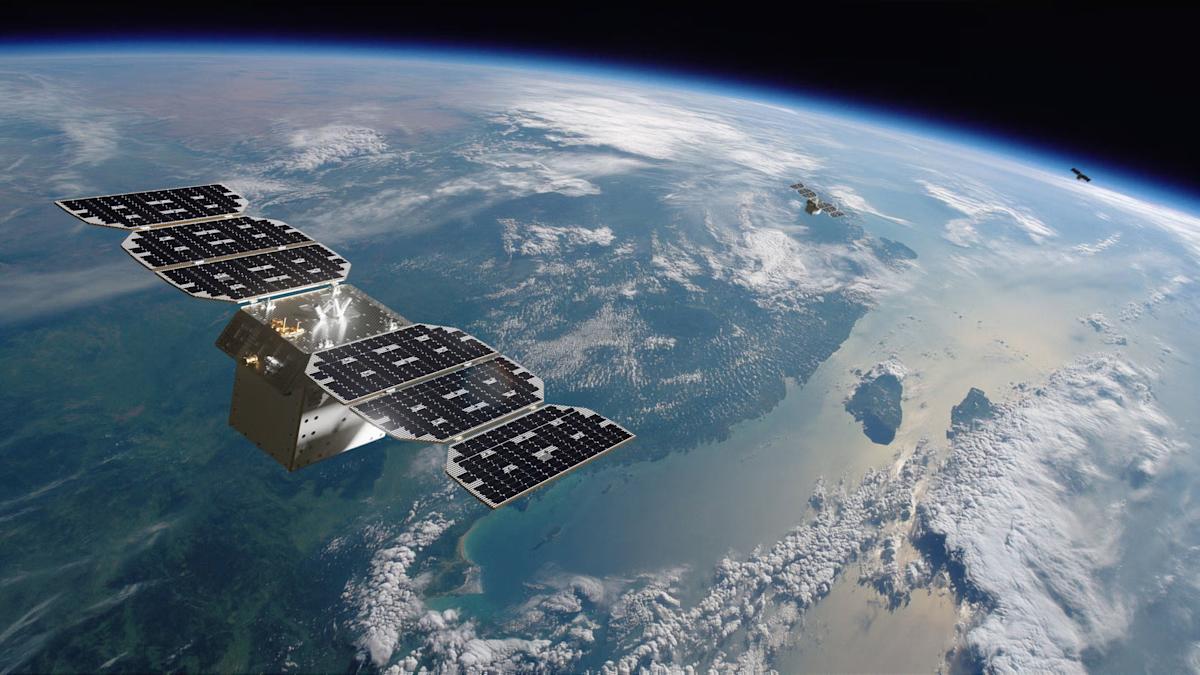Google Investigates the Use of AI Systems in Low-Earth Orbit with Project Suncatcher
In an ambitious move reminiscent of its early moonshot projects, Google is exploring the deployment of artificial intelligence systems in low-Earth orbit through a new initiative known as Project Suncatcher. This groundbreaking concept aims to position solar-powered satellites equipped with data centers in orbit, harnessing an abundant and clean energy source to mitigate the environmental impact of traditional AI cloud computing, which heavily relies on fossil fuel-powered plants.
Google’s senior director, Travis Beals, noted, “In the future, space may be the best place to scale AI compute,” emphasizing that a solar panel in optimal orbit can be up to eight times more efficient than its terrestrial counterparts. This approach could potentially provide continuous power and reduce reliance on energy storage systems.
The project, however, faces significant challenges. One major hurdle is the high levels of radiation in space that could compromise the durability of Google’s Tensor Processing Units (TPUs). To address this, the tech giant has already conducted tests confirming that its current chip designs can endure missions lasting up to five years without incurring substantial damage.
Additionally, Project Suncatcher requires the establishment of high-speed data connections between satellites, targeting data transfer rates of “tens of terabits per second” with minimal latency. Achieving this in the vastness of space is complex, as transmitting data over great distances demands significantly more power. Google envisions organizing the satellites in close proximity to minimize the energy needed for maintaining their positions.
Financial feasibility also looms as a significant factor. While launching TPUs into orbit could initially appear costly, Google’s analysis suggests that, by the mid-2030s, the efficiency of these space-based systems could be comparable to that of earthbound data centers.
Currently, Project Suncatcher remains in the research phase, but Google intends to initiate practical trials soon. Collaborating with the company Planet, Google plans to deploy two prototype satellites by 2027 for a “learning mission” to evaluate the performance of their TPU hardware in space and to test optical inter-satellite links for distributed machine learning applications.







